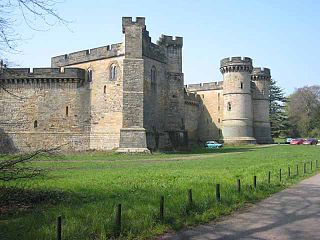 W
WSir Henry Belasyse, also spelt Bellasis, was an English military officer from County Durham, who also sat as MP for a number of constituencies between 1695 and 1715.
 W
WAir Vice Marshal Charles Hubert Boulby Blount, was a British soldier, airman and first-class cricketer.
 W
WSir Dirk Bogarde was an English actor, novelist and screenwriter. Initially a matinée idol in films such as Doctor in the House (1954) for the Rank Organisation, he later acted in art-house films. In a second career, he wrote seven best-selling volumes of memoirs, six novels and a volume of collected journalism, mainly from articles in The Daily Telegraph.
 W
WLieutenant Colonel Christopher Bushell VC DSO was an English recipient of the Victoria Cross, the highest and most prestigious award for gallantry in the face of the enemy that can be awarded to British and Commonwealth forces.
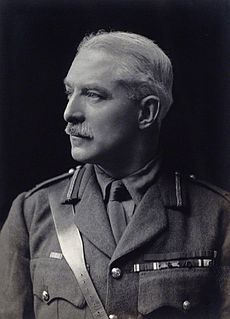 W
WBrigadier-General Sir George Kynaston Cockerill, was a British Army officer and a Conservative Party politician.
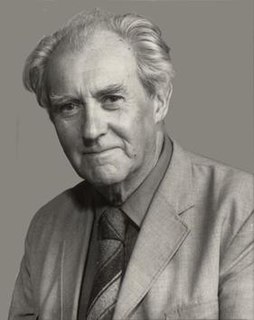 W
WNorman Rufus Colin Cohn FBA was a British academic, historian and writer who spent 14 years as a professorial fellow and as Astor-Wolfson Professor at the University of Sussex.
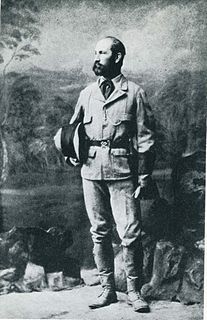 W
WMajor General Sir George Pomeroy Colley, was a British Army officer who became Governor and Commander-in-Chief of Natal and High Commissioner for South Eastern Africa. Colley was killed in action, at the Battle of Majuba Hill.
 W
WColonel Sir Reginald Hugh Dorman-Smith, GBE was an Anglo-Irish diplomat, soldier and politician in the British Empire.
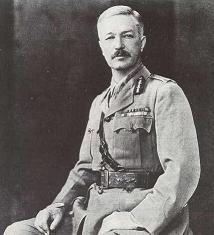 W
WColonel Reginald Edward Harry Dyer, CB was an officer of the Bengal Army and later the newly constituted British Indian Army. His military career began serving briefly in the regular British Army before transferring to serve with the Presidency armies of India. As a temporary brigadier-general he was responsible for the Jallianwala Bagh massacre that took place on 13 April 1919 in Amritsar. He has been called "the Butcher of Amritsar", because of his order to fire on a peaceful crowd. The official report stated that this resulted in the killing of at least 379 people and the injuring of over a thousand more. Some submissions to the official inquiry suggested a higher number of deaths.
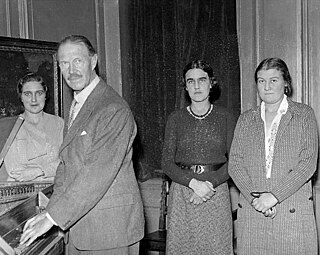 W
WMajor George Henry Benton Fletcher was a collector of early keyboard instruments including virginals, clavichords, harpsichords, spinets and early pianos. His collection is currently housed and kept in playing condition by the National Trust in Fenton House, a beautiful late 17th century merchant's house in, Hampstead, north London.
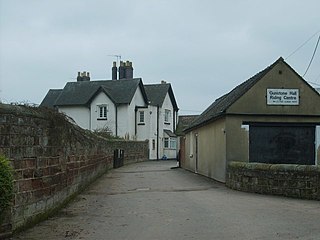 W
WLieutenant General Thomas Fowke, also spelt Foulks, circa 1690 to 29 March 1765, was a British military officer of the 18th century. He was Governor of Gibraltar from 1753 to 1756, and twice court-martialled during his service.
 W
WLieutenant-General Bernard Cyril Freyberg, 1st Baron Freyberg, was a British-born New Zealand soldier and Victoria Cross recipient, who served as the 7th Governor-General of New Zealand from 1946 to 1952.
 W
WLieutenant General Sir Robert Garrett KCB KH was Commander of British Troops in China and Hong Kong.
 W
WGeneral Sir George James Giffard was a British military officer, who had a distinguished career in command of African troops in World War I, rising to command an Army Group in South East Asia in World War II.
 W
WLieutenant-Colonel Sir Roland Vaughan Gwynne, DSO, DL, JP, was Mayor of Eastbourne, Sussex, from 1928 to 1931. He was also a patient, close friend, and probable lover of the suspected serial killer Dr John Bodkin Adams.
 W
WMajor General Hubert Ion Wetherall Hamilton was a senior British general who served with distinction throughout his career, seeing battle in the Mahdist War in Egypt and the Second Boer War in South Africa, before being given command of the British Third Division at the outbreak of the First World War. Just two and a half months later at the height of the Race for the Sea, General Hamilton was killed by artillery fire whilst surveying the front line, the first British divisional commander to be killed in action during the conflict. He had received several honours for his service and was popular amongst his men, who nicknamed him "Hammy" and expressed sorrow at his death; each regiment in his division despatched representatives to his funeral, despite being involved in heavy fighting less than a mile away.
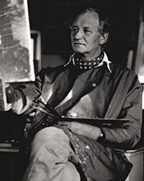 W
WJohn Hamilton MC (1919–1993) was a British army officer and artist.
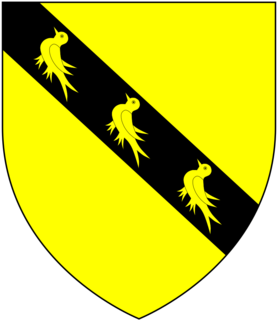 W
WLieutenant-Colonel William Harding of Upcott in the parish of Pilton in Devon, was a British antiquary, geologist and army officer. He was a Fellow of the Geological Society and after his retirement from the Army was an active member of the Exeter Diocesan Architectural and Archaeological Society. He is known for his History of Tiverton published in 1845 and 1847.
 W
WLieutenant Alec George Horwood, was a British Army officer and an English recipient of the Victoria Cross (VC), the highest award for gallantry in the face of the enemy that can be awarded to British and Commonwealth forces.
 W
WMajor-General Sir Ivor Thomas Percival Hughes, was a senior British Army officer who fought in both the world wars. During the Second World War he commanded the 44th Division during the Battle of Alam el Halfa and the Second Battle of El Alamein in late 1942 and later became Serjeant-at-Arms of the House of Commons.
 W
WGeneral Sir James Kempt, was a British Army officer, who served in the Netherlands, Egypt, Italy, the Peninsula, and British North America during the Napoleonic Wars. He led a British brigade at the Battle of Waterloo and later became Governor General of Canada.
 W
WJohn Middleton, 1st Earl of Middleton was a professional soldier and mercenary from Kincardineshire in Scotland. Beginning his career in the Thirty Years War, during the Wars of the Three Kingdoms he fought for the Covenanters and Parliamentarians until 1648, when he switched sides to the Royalists.
 W
WJohn Selwyn Moll was an English banker, British Army officer and rugby union player born in Greenwich, London. He worked as a banker for Lloyds Bank and played club rugby for Lloyds Bank RFC and Blackheath and played for the British Lions on their 1936 tour to Argentina as a centre. He was killed during the Second World War whilst at Bury St. Edmunds, Suffolk.
 W
WGeneral Sir Charles Carmichael Monro, 1st Baronet, was a British Army General in the First World War. He held the post of Commander-in-Chief, India in 1916–1920. From 1923 to 1929 he was the Governor of Gibraltar.
 W
WSir David Napley was an English solicitor.
 W
WSir Arthur John Otway, 3rd Baronet PC was a British barrister and Liberal politician as well as a champion of administrative reform regarding India.
 W
WCyril Northcote Parkinson was a British naval historian and author of some 60 books, the most famous of which was his best-seller Parkinson's Law (1957), in which Parkinson advanced Parkinson's law, stating that "work expands so as to fill the time available for its completion", an insight which led him to be regarded as an important scholar in public administration and management.
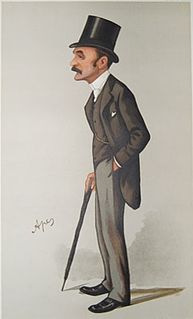 W
WFrancis Charles Philips was a British army officer, actor, theatre-manager, dramatist, barrister, journalist, short story writer and novelist. He wrote over forty novels and over a dozen plays.
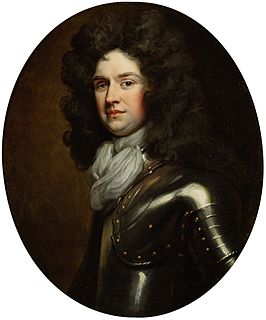 W
WGeneral David Colyear, 1st Earl of Portmore was a Scottish general and Governor of Gibraltar.
 W
WJohn Richardson was a Canadian officer in the British Army who became the first Canadian-born novelist to achieve international recognition.
 W
WClement Robertson was a South African-born, Irish recipient of the Victoria Cross, the highest and most prestigious award for gallantry in the face of the enemy that can be awarded to British and Commonwealth forces.
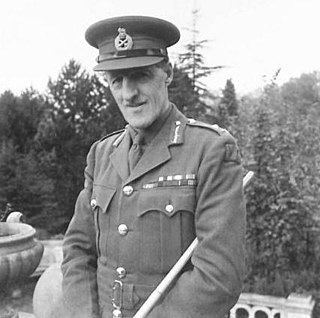 W
WMajor General Robert Knox Ross was a senior British Army officer who, during World War II, commanded the 53rd (Welsh) Infantry Division throughout the campaign in North-West Europe from June 1944 until May 1945.
 W
WLieutenant-General Alexander George Fraser, 17th Lord Saltoun KStG KMT, was a Scottish representative peer and a British Army general who fought in the Napoleonic Wars and the First Opium War.
 W
WGeneral Sir Edward Selby Smyth, was a British General. He served as the first General Officer Commanding the Militia of Canada from 1874 to 1880.
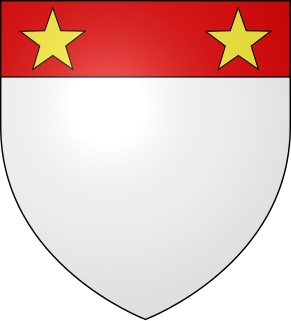 W
WThe Hon. Frederick St John was an officer of the British Army and a politician. He rose to the rank of general during his career and saw service during the French Revolutionary and Napoleonic Wars, and the Second Anglo-Maratha War. He also sat briefly for the constituency of Oxford.
 W
WMajor Edward Stanley was an English military officer who played one first-class cricket match for Somerset County Cricket Club as an emergency stand-in in 1884. Somerset had arrived in Manchester a player short for their fixture against Lancashire, and had to seek special permission to include Stanley in their team. Stanley lived in Manchester, but had been born in Somerset, and thus qualified for the county. His only first-class appearance was not successful; he did not bowl, and scored no runs in either innings of the match.
 W
WLieutenant-General Sir Henry William Stisted,, served as the first Lieutenant Governor of Ontario after Confederation, from 1867 to 1868.
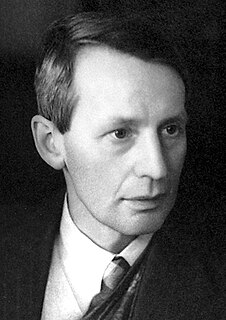 W
WSir George Paget Thomson, FRS was a British physicist and Nobel laureate in physics recognized for his discovery of the wave properties of the electron by electron diffraction.
 W
WMajor-General Sir Henry Torrens was an Adjutant-General to the Forces.
 W
WGeneral Sir Ivo Lucius Beresford Vesey was a British Army officer who served as Chief of the General Staff in India from 1937 to 1939.
 W
WMajor General John Yeldham Whitfield CB, DSO & Bar, OBE was a senior British Army officer who commanded the 56th (London) Infantry Division during the Italian Campaign of the Second World War and later the 50th (Northumbrian) Infantry Division.
 W
WLieutenant General William Whitmore was a British Army officer and Member of Parliament (MP).
 W
WColonel William Alexander Camac Wilkinson, was a highly decorated British Army officer and English cricketer. Australian-born, he served with the British Army in both the First and Second World Wars. After the Second World War he spent some time in Graz, Austria, as Senior Military Government Officer in the occupation forces.
 W
WGeneral Sir Thomas Willshire, 1st Baronet, was a British Army officer.
 W
WBrigadier-General Wallace Duffield Wright, was a British soldier and politician. He was a recipient of the Victoria Cross, the highest award for gallantry in the face of the enemy that can be awarded to British and Commonwealth forces.